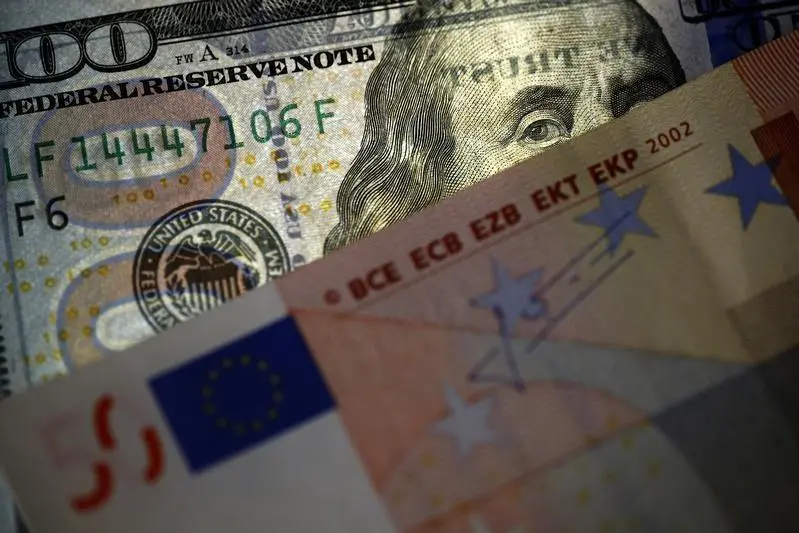PHOTO
Hungary's inflation eased to 12.2% in September year-on-year, sticking in double-digit territory but cooling back to levels below wage growth trends for the first time in a year, underpinning a gradual easing of monetary conditions.
With inflation moderating across central Europe, some central banks in the region have started reversing tight monetary policy of recent years, with Hungary's central bank leading the charge.
The Polish central bank has also delivered 100 basis points (bps) in cuts to its key rate since September, while markets are betting Czech policymakers could deliver their first rate cut by the end of the year.
However, oil prices hovering off one-year highs, market bets on higher U.S. rates for a prolonged period and heightened financial market volatility amid a Hamas attack on Israel are adding a high degree of uncertainty to policy outlooks.
The Hungarian central bank has reduced interest rates since May and, last month, cut its one-day deposit rate to 13%, bringing total cuts to 500 bps since May as it levelled the instrument with its main benchmark rate.
It said afterward a cautious approach was needed going forward.
Analysts said Hungary's September data published on Tuesday, with headline inflation falling from 16.4% in August, showed disinflation was helped by base effects, but with the central bank's 3% inflation target still some way off, cautious policy was still needed.
"The rise in oil and gas prices and the war in Israel have brought new uncertainty and I think the central bank should not risk a larger rate cut," said ING economist Peter Virovacz.
"The central bank should remain ultra-cautious," he said, sticking with his call for a 25-bps rate cut in light of the slightly lower-than-expected data.
Analyst had forecast a 12.5% headline rate for September.
Hungary's gross wage growth ran at an annual 15.2% in July, reflecting strong underlying wage pressures in central European economies, which still run some of the EU's tightest labour markets despite inflation slamming the brakes on growth.
Double-digit inflation rates around central Europe have sapped consumer activity and put a drag on economies, which are now also struggling with a manufacturing slowdown.
Hungary's inflation rate, which peaked above 25% early this year, is expected to slow to 7% by December, Hungarian central bank Governor Gyorgy Matolcsy has said.
(Reporting by Jason Hovet in Prague and Gergely Szakacs in Budapest; Editing by Kim Coghill)





















